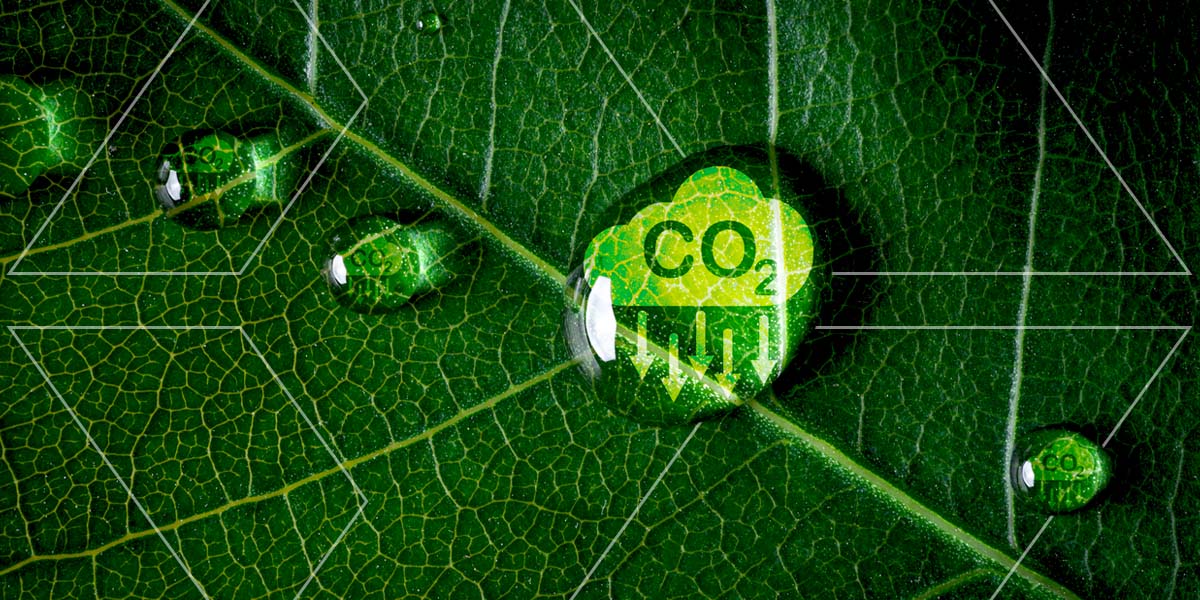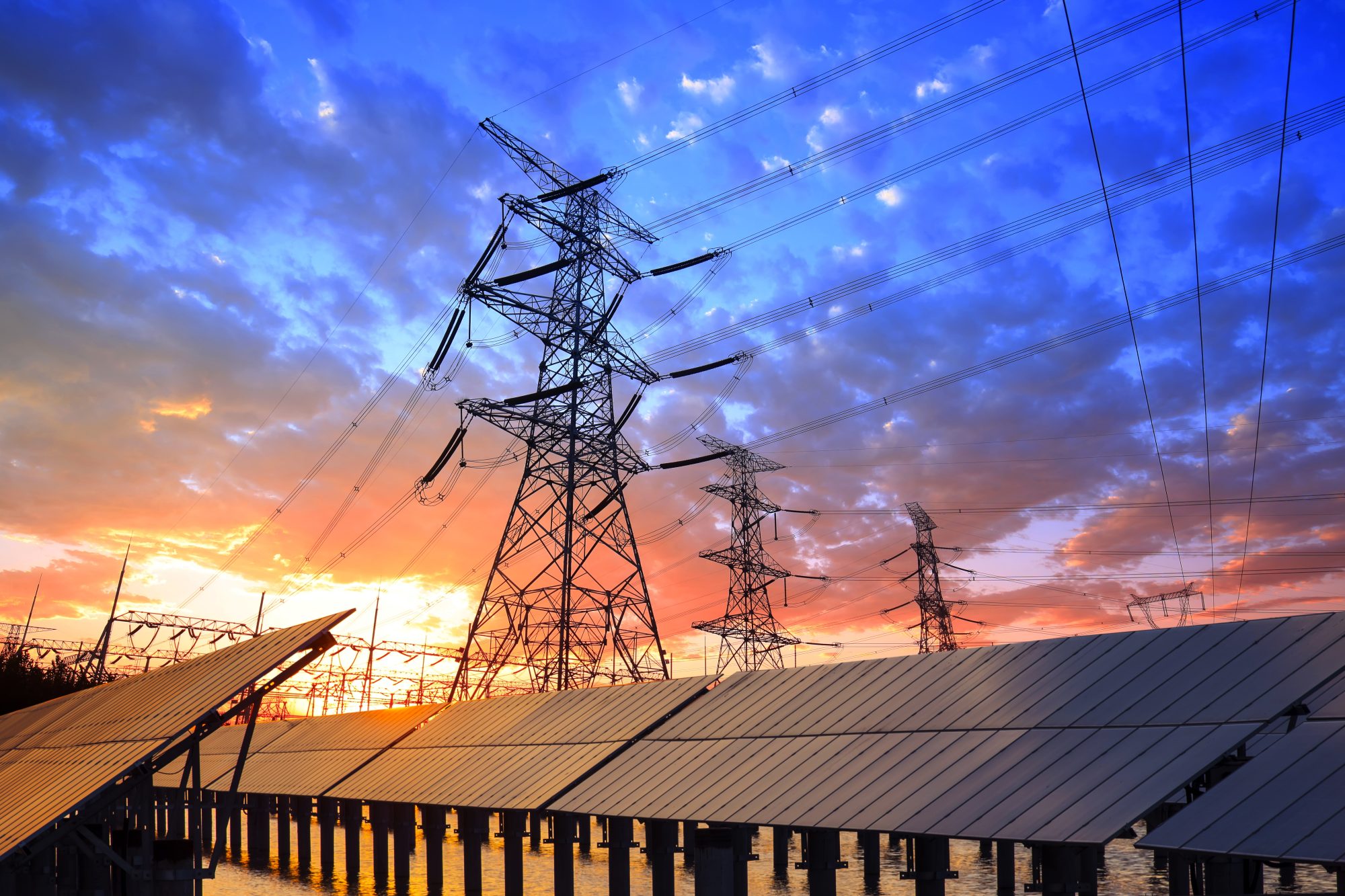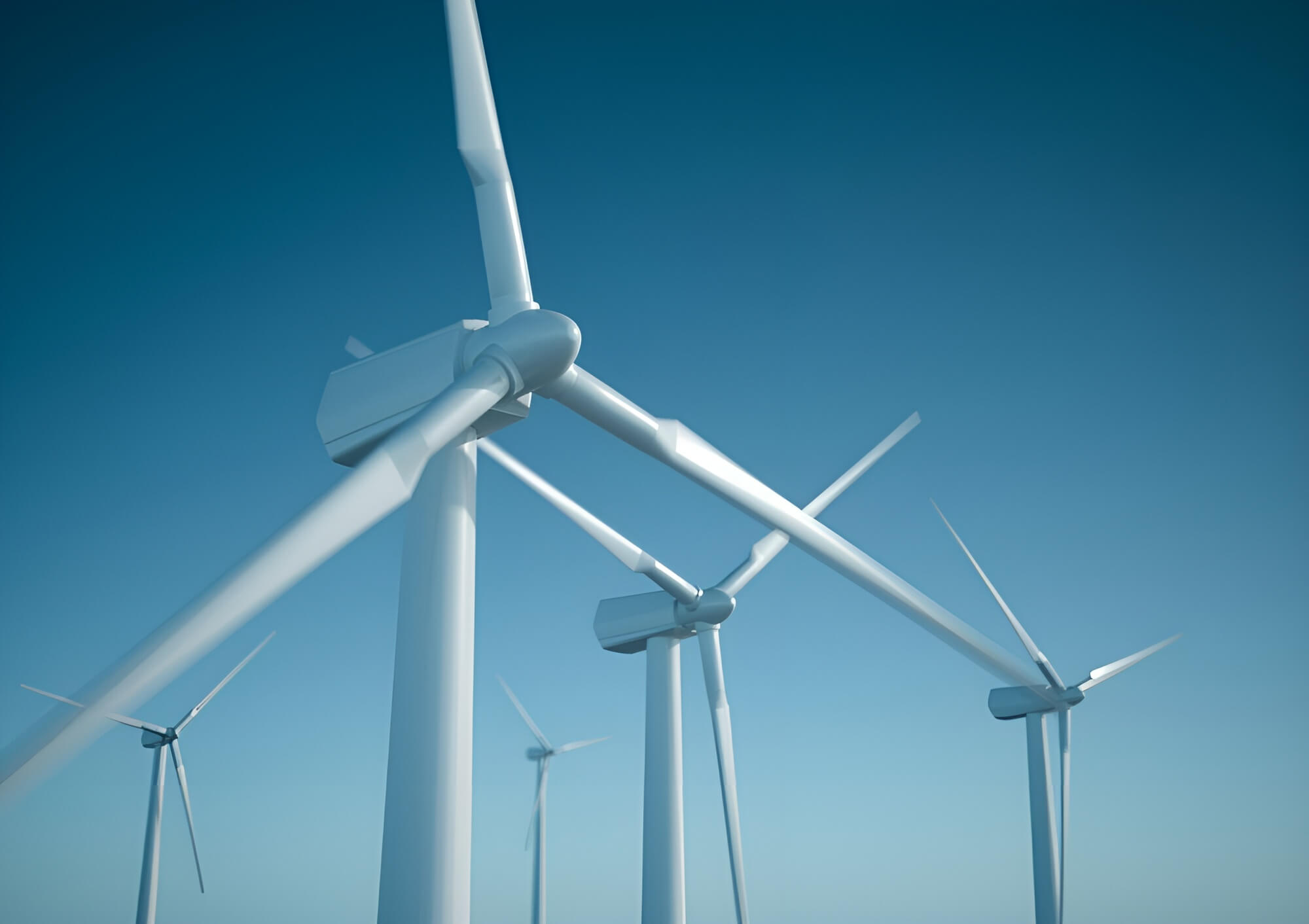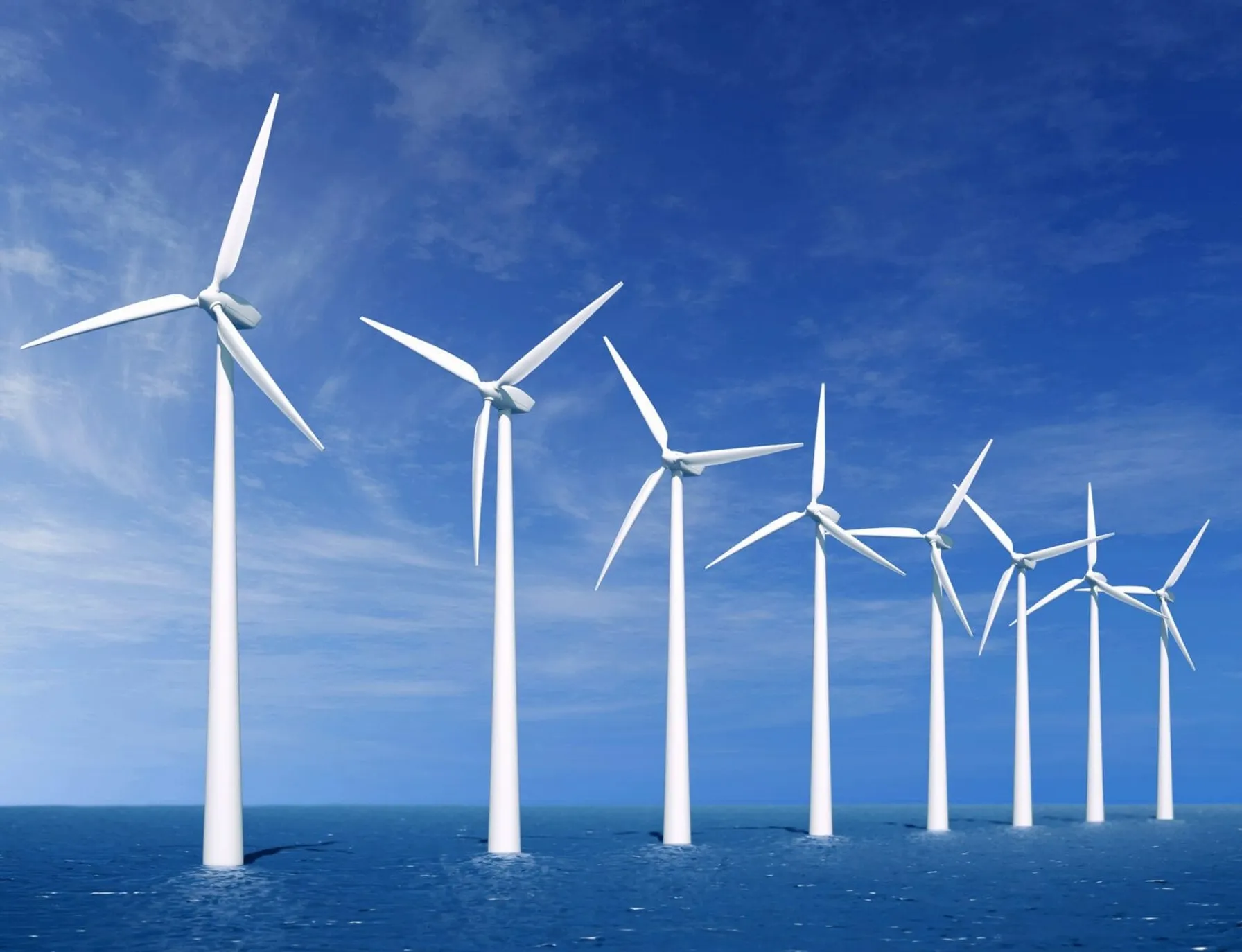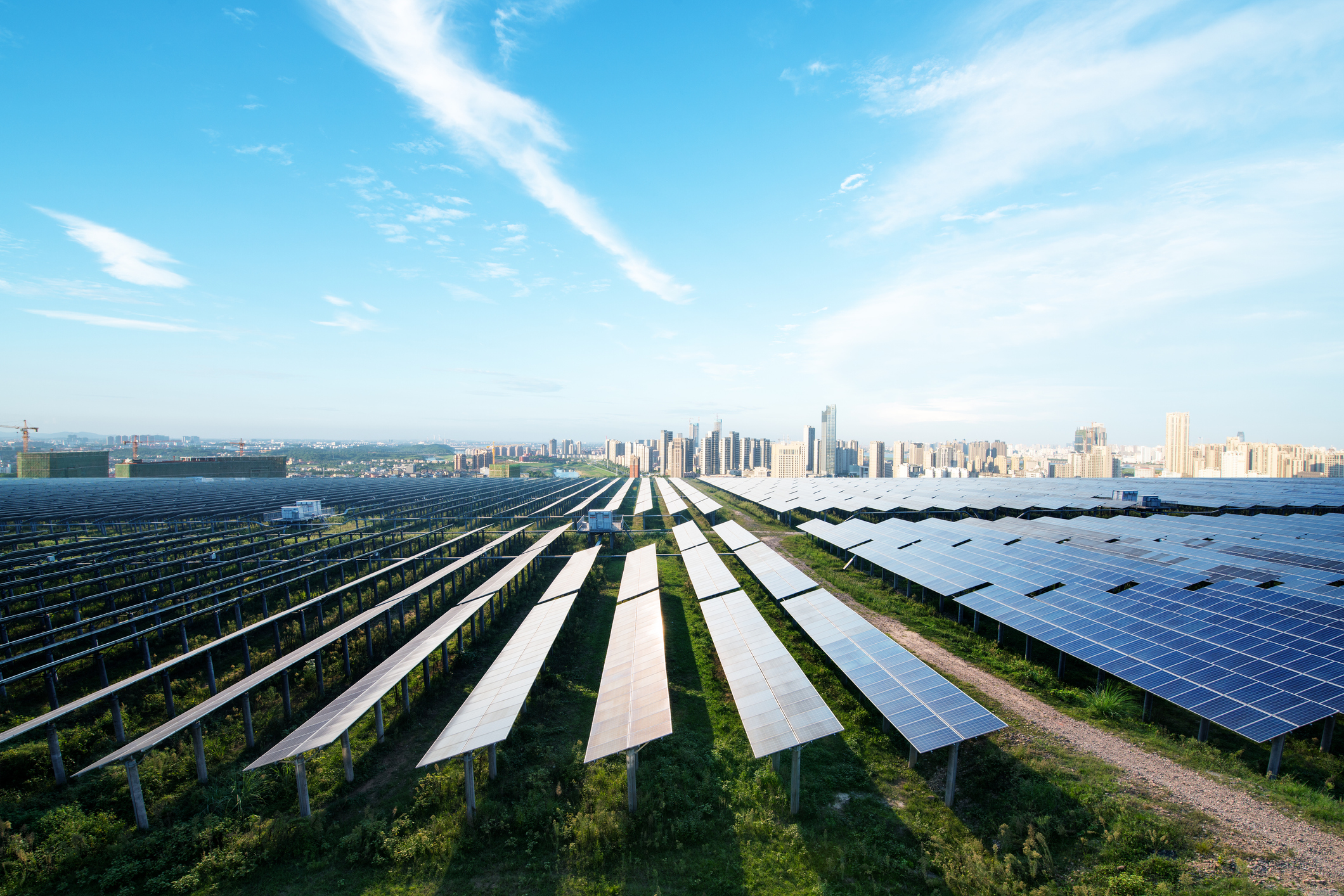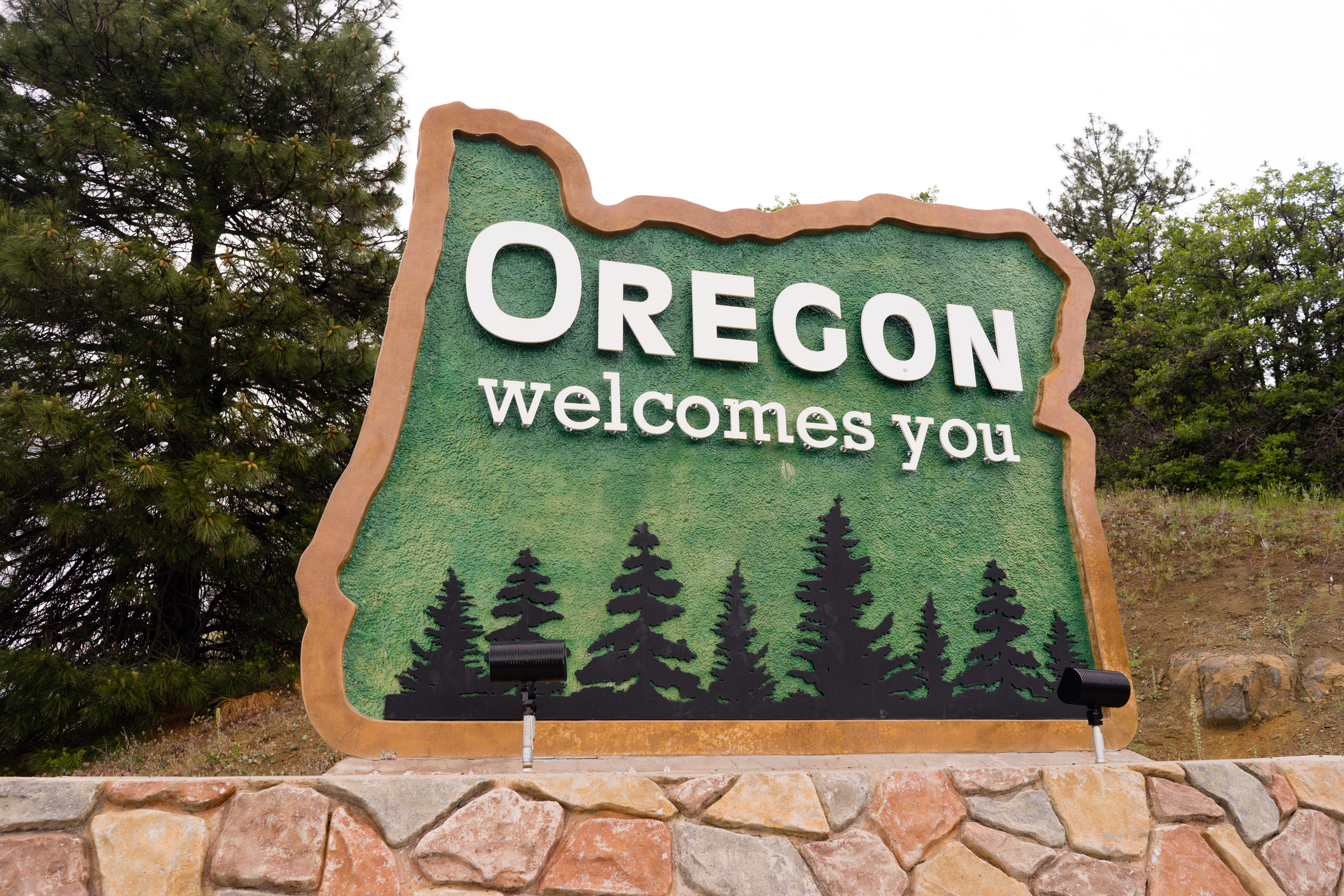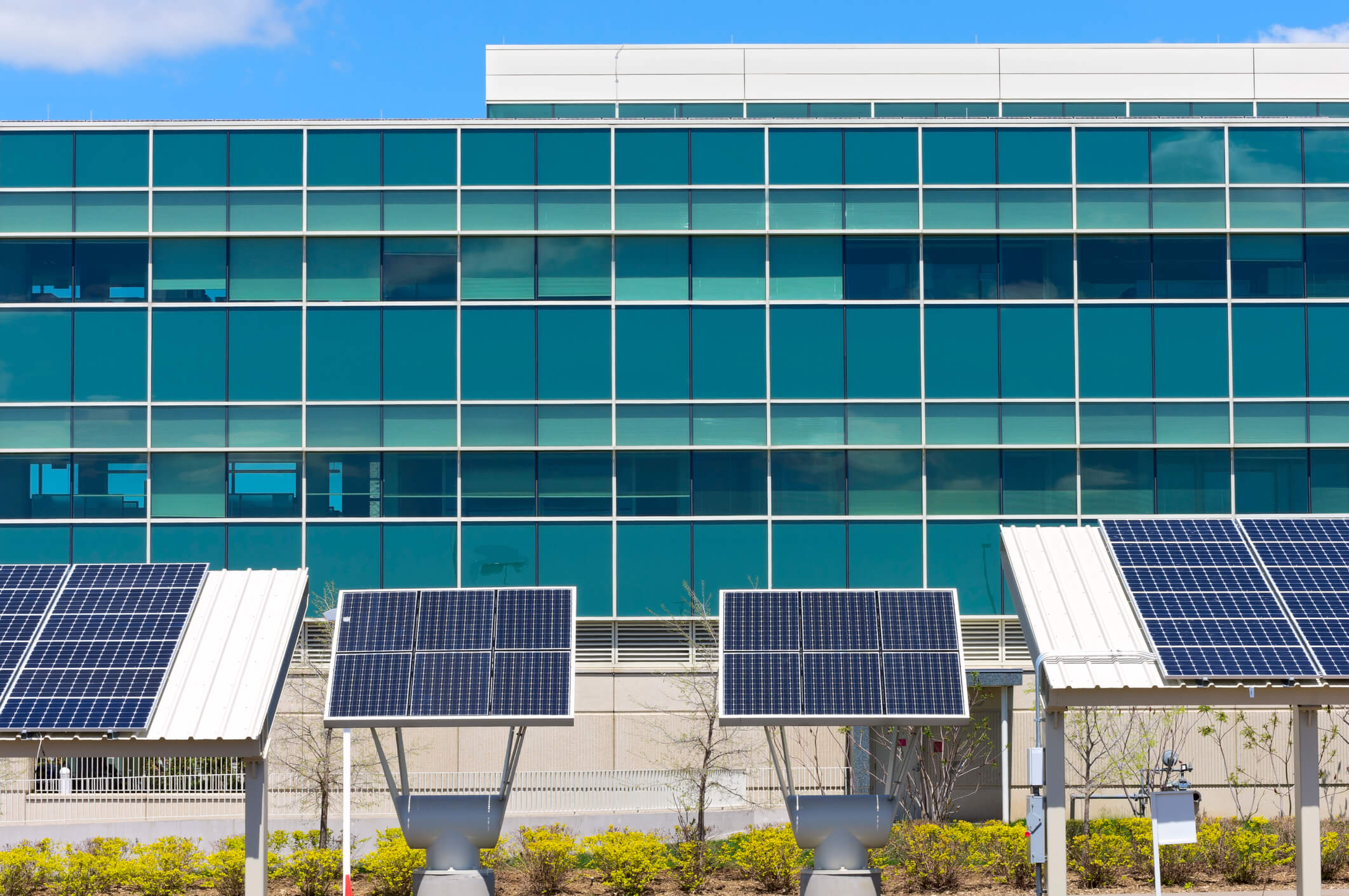November 6, 2020
CAMARILLO, CA — On October 28, the Camarillo City Council unanimously approved moving forward with the design of Hybrid Microgrids at five City facilities: City Hall, the Corporation Yard, Camarillo Public Library, Police Station, and Wastewater Treatment Plant. The microgrid at the Camarillo Public Library will be designed with solar+storage only, while the other four sites will employ a hybrid design of solar+storage+diesel.
Five proposed Hybrid Microgrid sites in Camarillo.
In February 2020, the City engaged the Clean Coalition, a Santa Barbara–based nonprofit, and TRC Companies to conduct a solar+storage microgrid feasibility study for the aforementioned sites.
The study, which assessed the feasibility of standalone solar+storage for each of the five sites compared to using only diesel generators, found that the most feasible and economic solution would be hybrid systems that incorporate solar, storage, and diesel generation at four of the five sites.
The solar+storage systems recommended in the study will keep the sites online during short-duration outages, with diesel generators reserved for use as backup only when needed during extended outages. Additionally, the microgrids will reduce the cumulative carbon footprint of the five sites by approximately 88 percent. Solar+storage only was recommended for the Camarillo Public Library, which does not need to be kept online during an extended power outage but can benefit from solar+storage backup, as available, and utility bill savings.
Over the anticipated 30-year life of the projects, the microgrids are designed to achieve zero net energy and yield utility bill savings through reduced demand and energy charges at all five facilities. Savings will depend on which financing option the City chooses — a City-owned model, or a power purchase agreement (PPA), in which a third party would own and operate the systems.
In the face of increasingly severe wildfire seasons and the California utilities’ Public Safety Power Shutoffs (PSPS), the City of Camarillo is joining many other municipalities in seeking the economic, environmental, and resilience benefits of solar-driven microgrids. These benefits were key in the decision to assess the feasibility of solar+storage microgrids, rather than relying solely on diesel generators for emergency backup power — as the City had originally planned for City Hall and the Corporation Yard.
“The study made it clear that Hybrid Solar Microgrids are not only feasible but also economically viable,” said Greg Ramirez, Camarillo City Manager. “Implementing these cost-effective hybrid solutions represents a big step toward meeting both City and regional sustainability goals.”
“By voting to move forward with these hybrid systems, the City of Camarillo has demonstrated significant leadership,” said Frank Wasko, Managing Director of the Clean Coalition. “With this move, the City joins numerous public agencies and private entities that are realizing the unparalleled economic, environmental, and resilience benefits of renewables-driven microgrids.”
Furthermore, the Camarillo City Council approved pursuing grant funding for the project, including an opportunity from the Federal Emergency Management Agency (FEMA), which recently announced a nationwide grant of up to $50 million per applicant for projects such as microgrids and generators that mitigate risks from natural disasters. The Solar Storage Microgrid Feasibility Study is available on the City’s website.
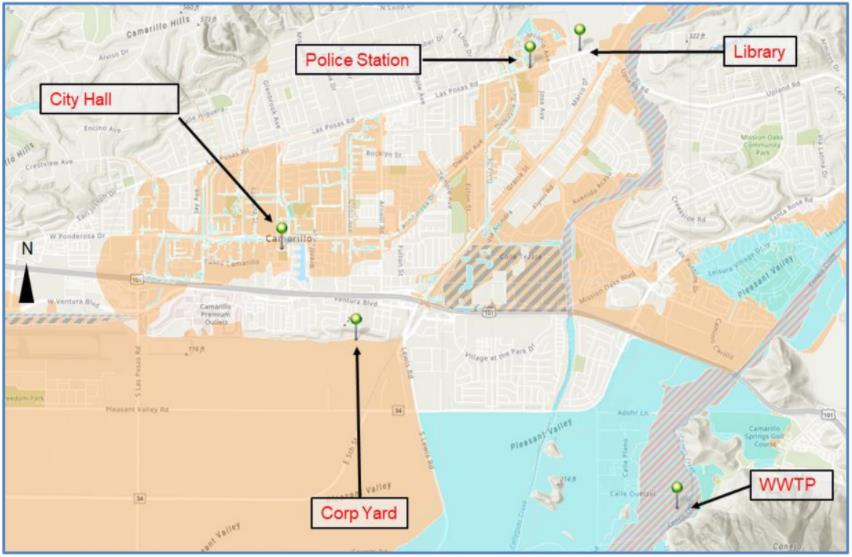

About the Clean Coalition
The Clean Coalition is a nonprofit organization whose mission is to accelerate the transition to renewable energy and a modern grid through technical, policy, and project development expertise. The Clean Coalition drives policy innovation to remove barriers to procurement and interconnection of distributed energy resources (DER) — such as local renewables, energy storage, advanced inverters, and demand response — and we establish market mechanisms that realize the full potential of integrating these solutions. In addition to being active in numerous proceedings before state and federal agencies throughout the United States, the Clean Coalition collaborates with utilities, community choice aggregation agencies, municipalities, and other entities to create near-term deployment opportunities that prove the technical, economic, and resilience viability of local renewables and other DER.
Contact:
Rosana Francescato
Communications Director
Clean Coalition
Sharing Our Perspectives
Our practitioners share their insights and perspectives on the trends and challenges shaping the market.

TRC Earns U.S. Department of Energy (DOE) Qualification to be a Provider of Industrial Assessment Centers (IAC) Equivalent Energy Assessments
September 24, 2024
TRC can now provide IAC equivalent energy audits to small and medium-sized manufacturing (SMM) firms, who can receive grants of up to $300,000 for implementation of audit recommendations.
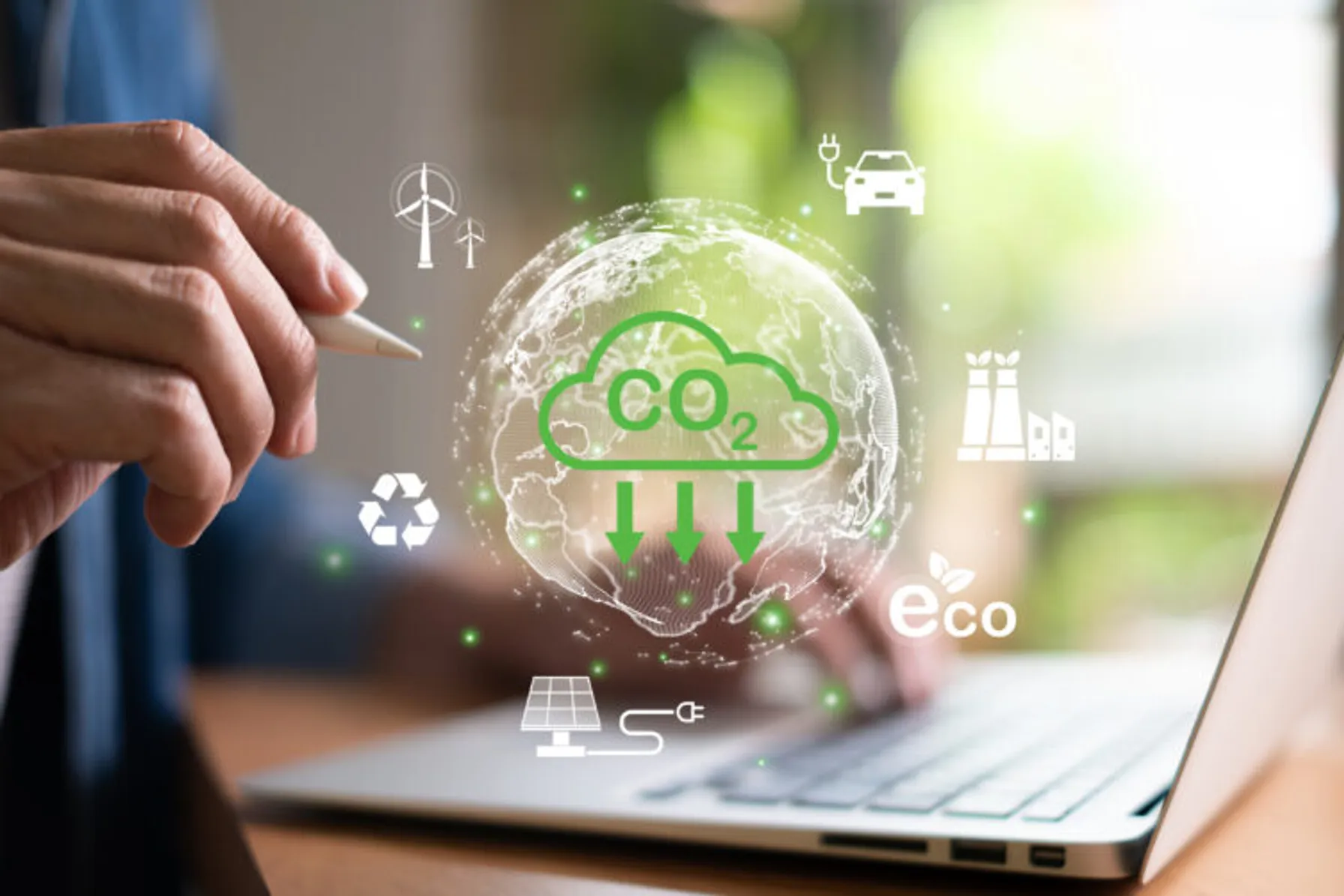
Utility Carbon Data Management
May 27, 2024
We’re pleased to announce Episode 7 of TRC’s Energy Talks Podcast, where we join experts from utilities and carbon accounting solution providers to discuss how our industry is understanding, measuring, and working to improve our collective carbon footprint.

Empowering Stakeholders to Co-Create Solutions that Address Inequity
April 23, 2024
Addressing inequality and ensuring that the benefits of the clean energy transition are accessible to all requires close examination of long-relied-upon processes that may have hidden inequities ingrained within them.
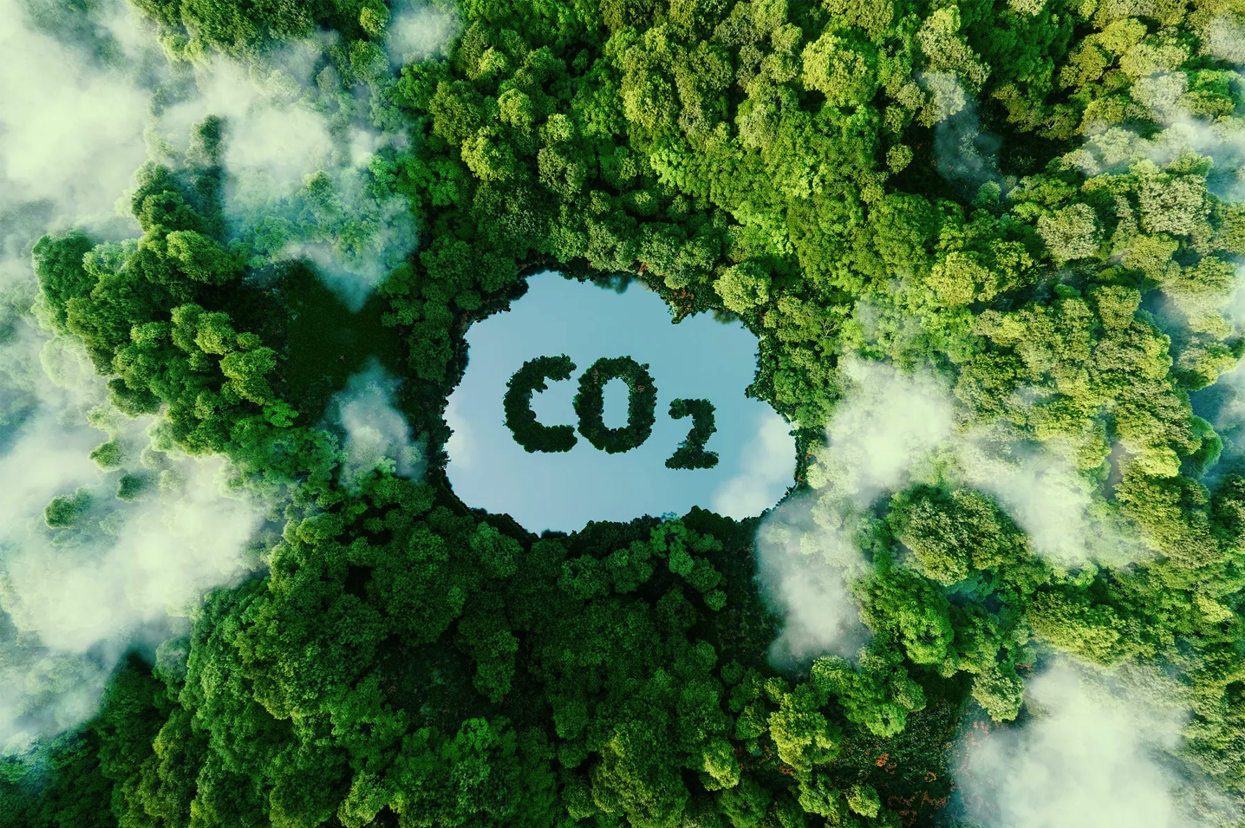
Monetizing the Environmental Attributes of Building Decarbonization Programs
March 27, 2024
Tune in to Episode 6 of TRC’s Energy Talks Podcast, where we join industry experts from the wholesale energy and environmental commodity markets to discuss how utilities and project developers are valuing the environmental attributes of building decarbonization projects.
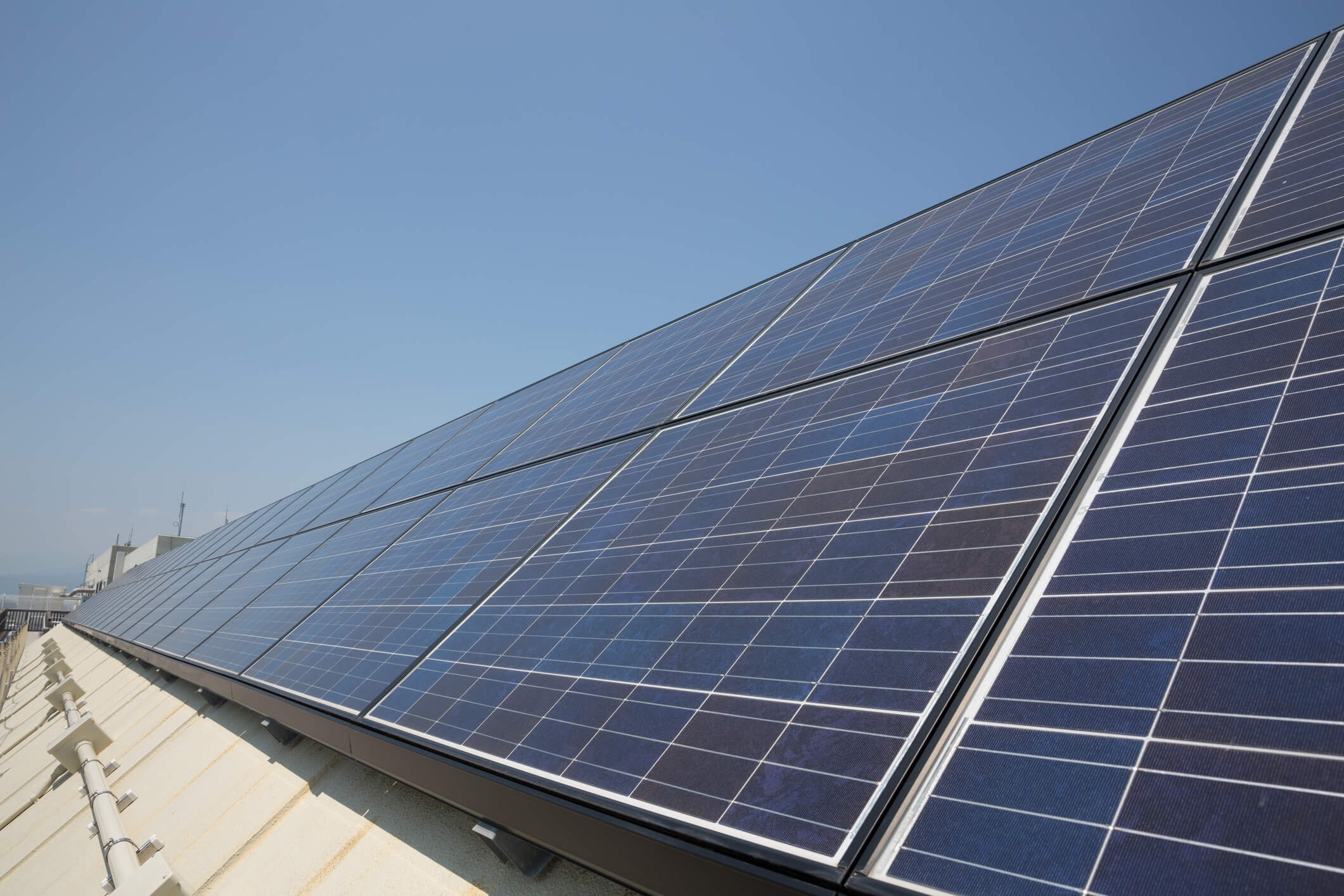
Hydrogen Hub Funding Provisions
March 26, 2024
TRC’s panel of practitioners discuss the Hydrogen Hub (H2Hub) funding provisions of the Bipartisan Infrastructure Bill (BIL).
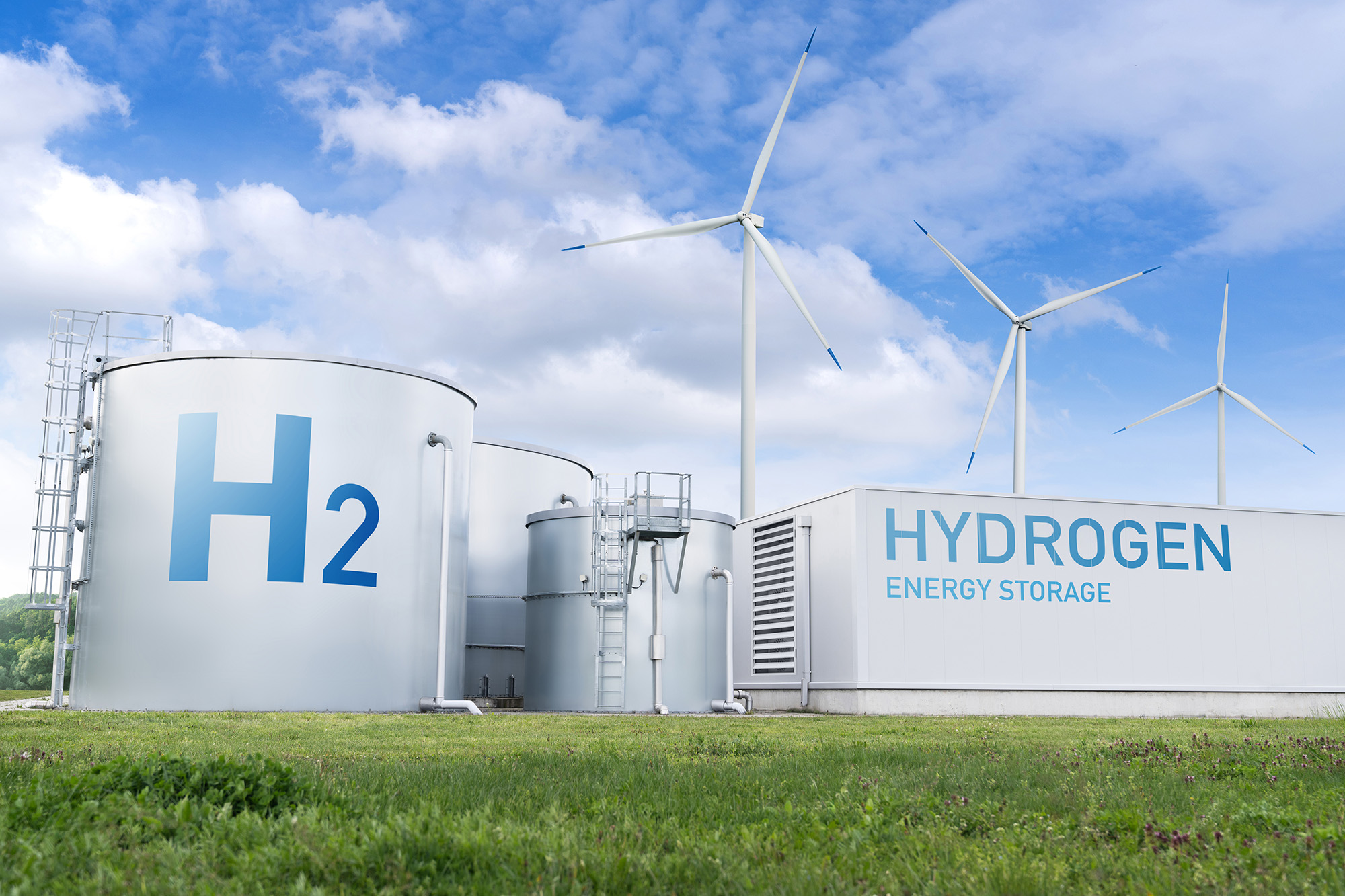
TRC Companies, Inc. selected to participate in Department of Energy (DOE) Multi-State Clean Hydrogen Hub
October 13, 2023
TRC received an award for advancing the transition to a clean-hydrogen, low-carbon economy by supporting the Appalachian Regional Clean Hydrogen Hub (ARCH2) consortium.
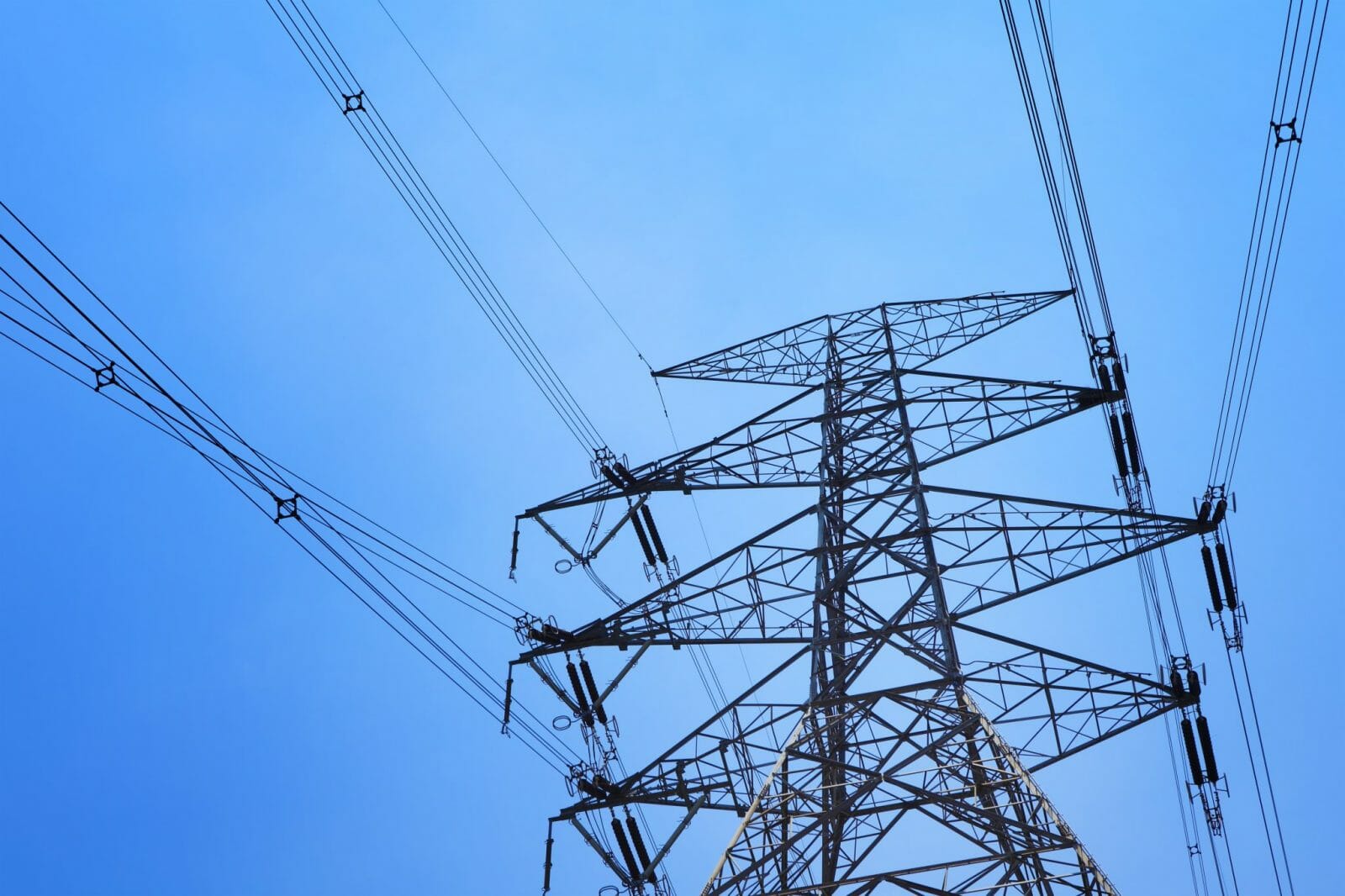
Download Whitepaper: 10 Years of Insights for Clean Community Microgrids
March 1, 2023
Clean, community microgrids represent a promising and timely opportunity for you to advance your customer offering and deliver meaningful societal benefits, all while modernizing your grid and providing you with load flexibility.
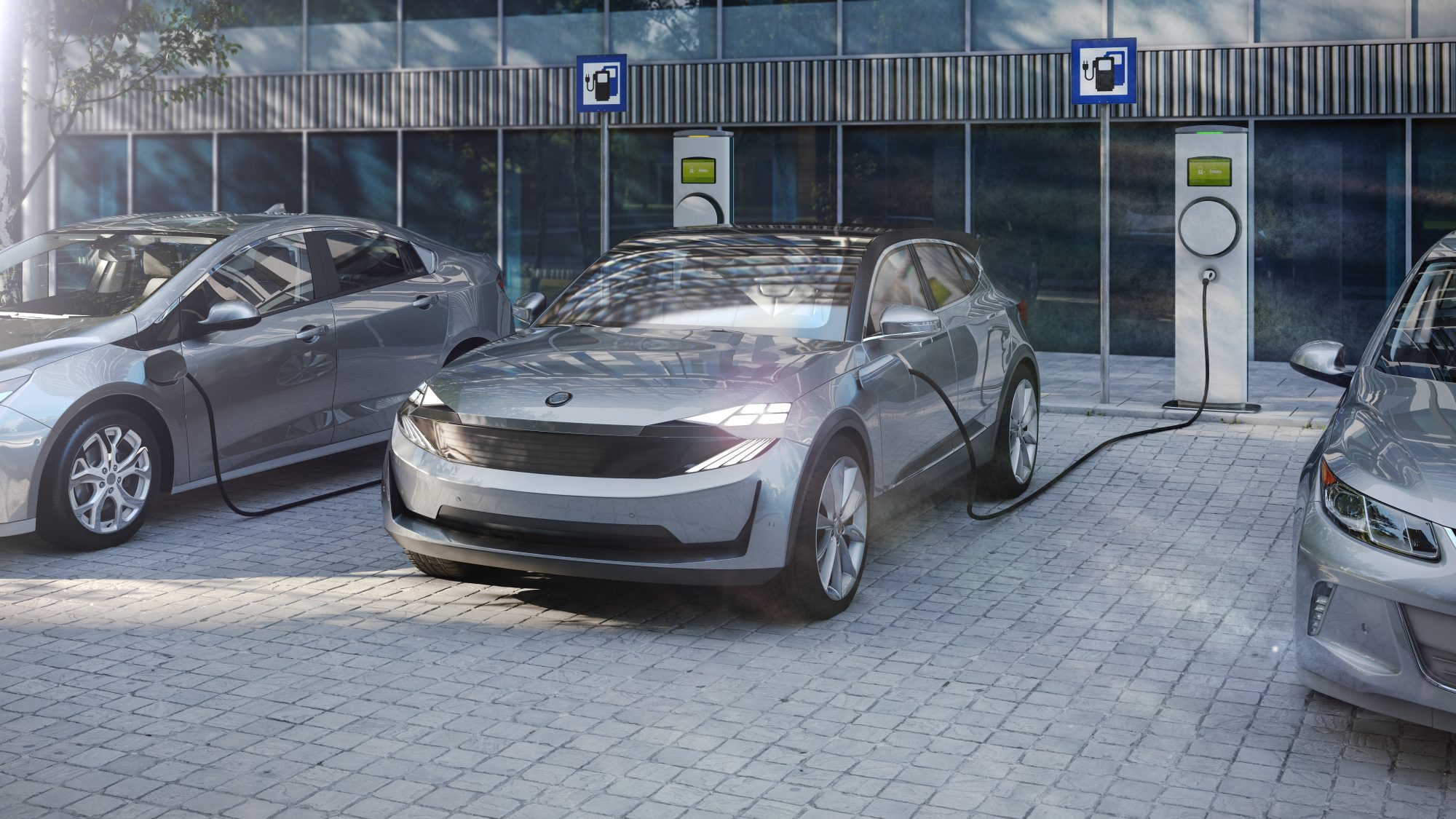
Start Your Batteries: Mass Fleet Electrification is Coming (And What We Can do to Prepare)
April 13, 2022
As we plan for and make early investments for fleets, we’ll be paving the way for higher degrees of market penetration of passenger vehicles and other modes of transportation as well.

Ensuring a Just Transition: Optimizing Opportunities for All in the Low-Carbon Future
January 24, 2022
Carbon elimination of the magnitude needed to address climate change requires systems-level change that can only be reached by incremental, ground-up progress, building upon what we have achieved thus far.

Decarbonization: A Systems-Level Challenge and Actions to Address Climate Change
December 7, 2021
Carbon elimination of the magnitude needed to address climate change requires systems-level change that can only be reached by incremental, ground-up progress, building upon what we have achieved thus far.

10 Takeaways from the COP26 Climate Meeting
November 17, 2021
There are compelling reasons to be optimistic about the outcomes of the COP26 meeting. Notably, agreement among all nations that more needs to be done, by both private and governmental bodies, to contain and mitigate climate change.
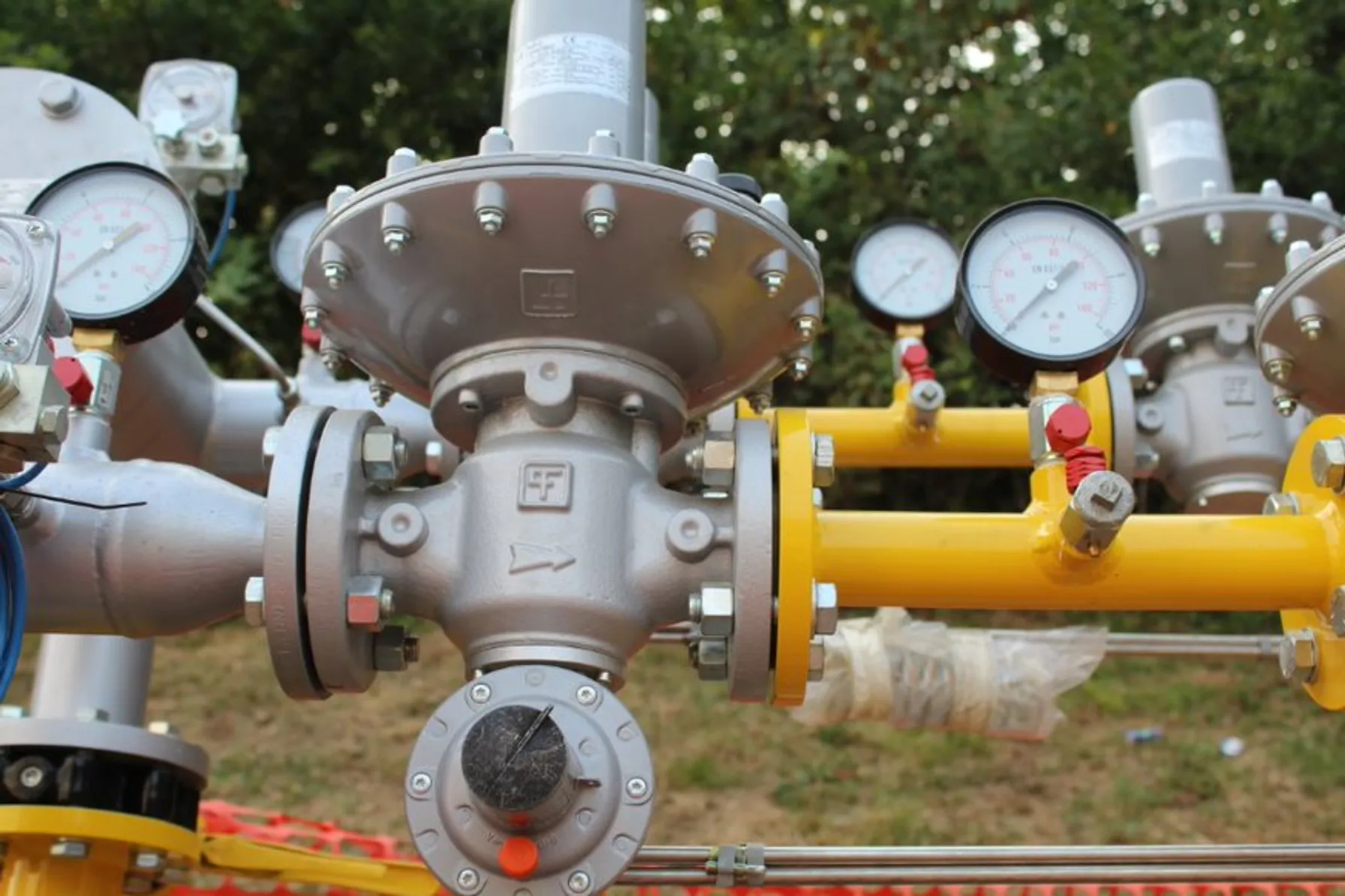
The Price of Natural Gas: Onward and Upward or Just a Temporary Blip?
November 12, 2021
Most industry experts agree that weather aside, the global energy and gas markets are likely to remain uncertain with supply and market demand becoming tighter and more challenging to forecast.

On the Road to Decarbonization: The Role of All-Source Competitive Solicitations
October 14, 2021
All-Source Competitive Solicitations offer utilities an alternative to centralized planning, construction and dispatch of power supplies, helping to usher in a new era of market-driven technology innovation.
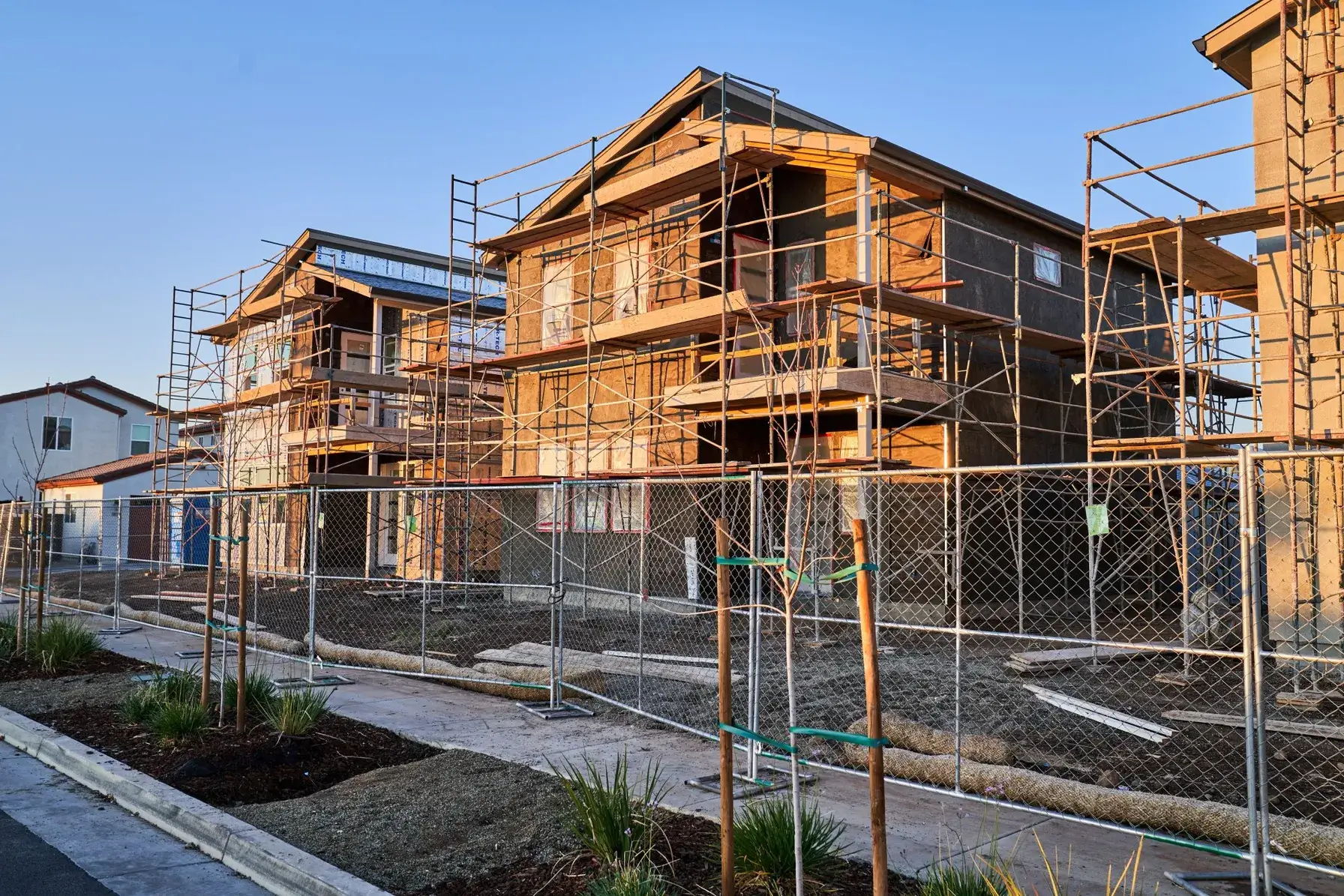
Pacific Gas and Electric Selects TRC as Program Implementer for New Construction Residential All-Electric and Mixed Fuel Programs
September 27, 2021
Pacific Gas and Electric Company (PG&E) formally announced TRC as the designated lead Program Implementer for the Statewide New Construction (SWNC) Residential All-Electric and Mixed Fuel Programs following a competitive solicitation process.
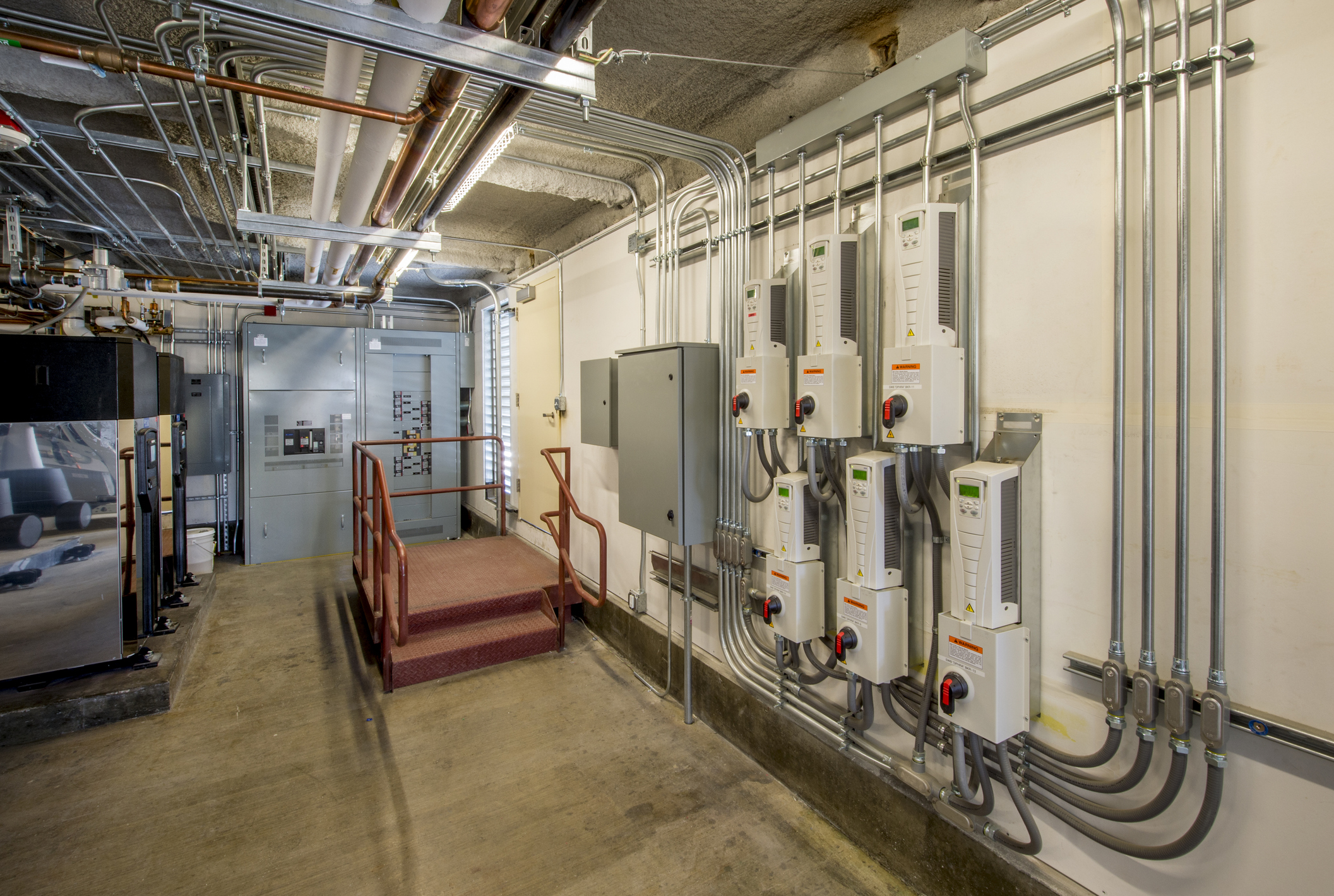
TRC and Slipstream partner with the Minnesota Department of Commerce to launch energy conservation R&D project
June 24, 2021
TRC, Slipstream, and the University of Minnesota are working with controls system manufacturers and contractors to develop such a standardized and streamlined building control retrofit process leveraging ASHRAE Guideline 36

TRC Companies Inc. Acquires EMI Consulting
January 27, 2021
Today TRC Companies (“TRC”), announces the expansion of its advanced energy capabilities with the acquisition of EMI Consulting (“EMI”), a Seattle based firm that consults on the strategic development of clean energy solutions including energy efficiency, demand management, decarbonization and customer engagement.
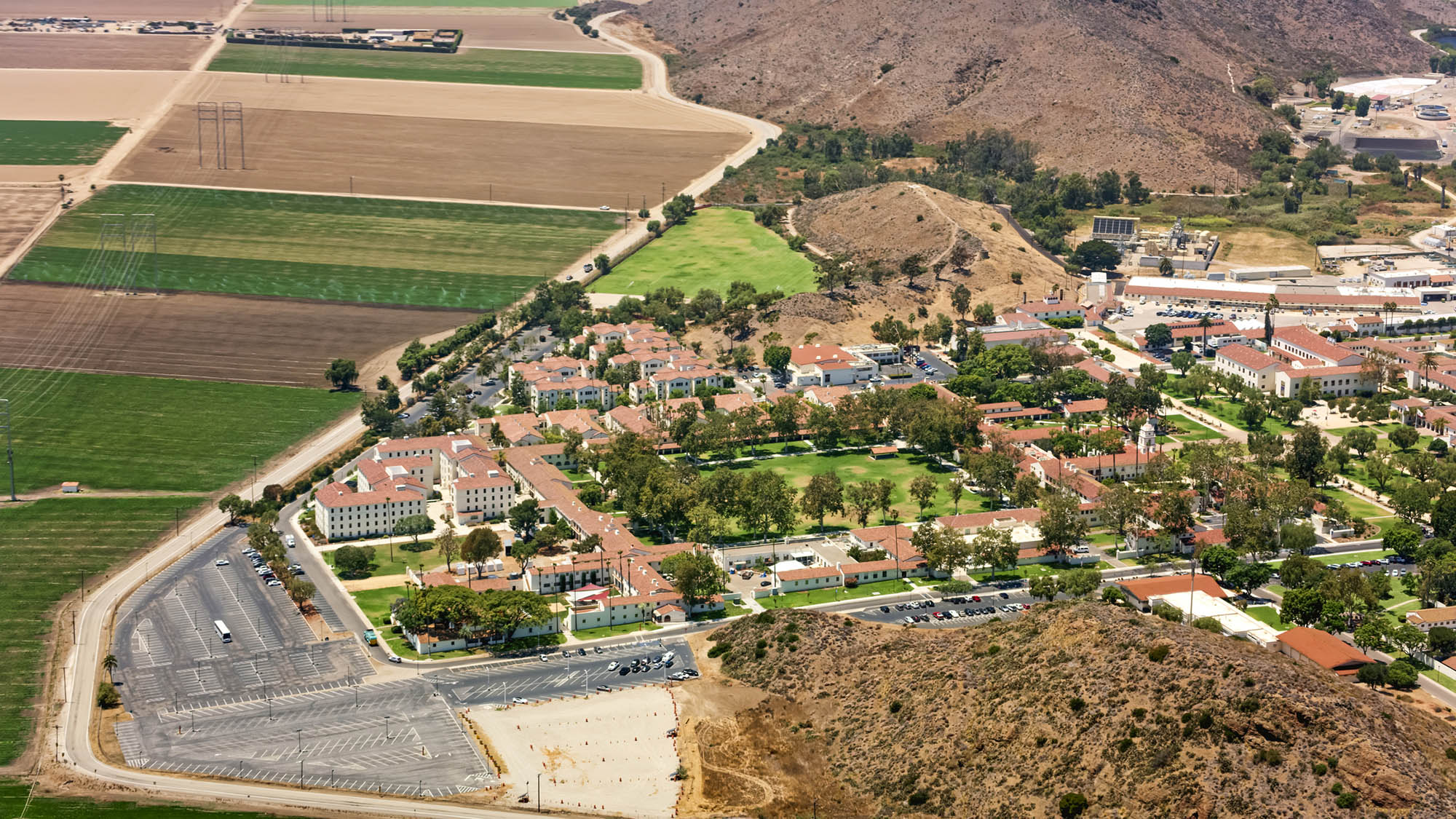
City of Camarillo, California approves moving forward with Hybrid Solar Microgrids at five critical community facilities
November 6, 2020
On October 28, the Camarillo City Council unanimously approved moving forward with the design of Hybrid Microgrids at five City facilities: City Hall, the Corporation Yard, Camarillo Public Library, Police Station, and Wastewater Treatment Plant. The microgrid at the Camarillo Public Library will be designed with solar+storage only, while the other four sites will employ a hybrid design of solar+storage+diesel.

TRC Digital partners with Dominion Energy to evolve its distributed energy resource strategy
September 22, 2020
Dominion Energy, one of the nation’s largest producers and transporters of energy, has partnered with TRC Digital to evaluate, implement and integrate technology to further the utility’s distributed energy goals. TRC Digital will facilitate Dominion Energy’s strategy development and technology execution, allowing Dominion Energy and its customers to accelerate the shift to distributed energy resources (DER) and net carbon reduction.
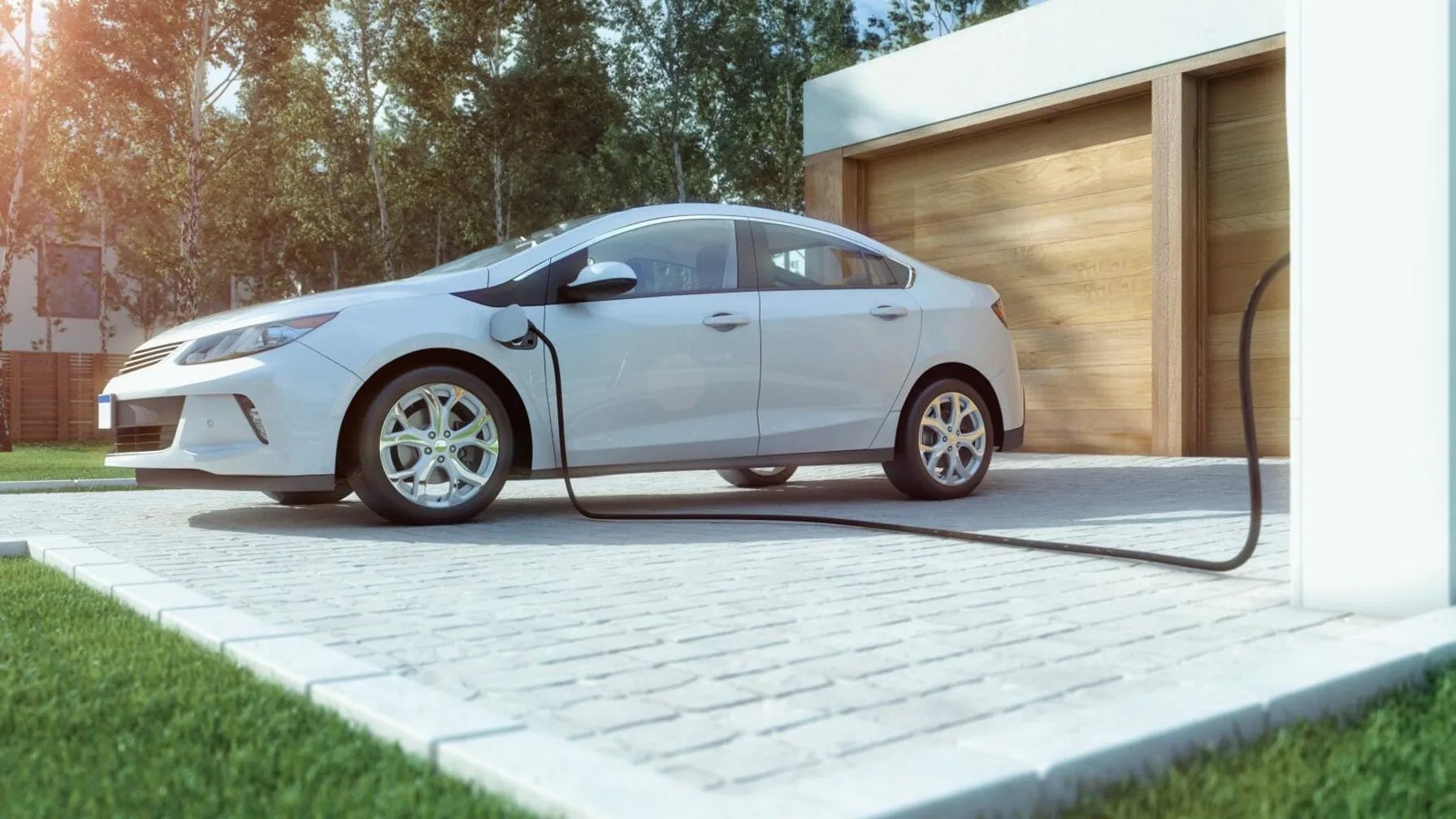
Strategic Electrification
February 4, 2020
As we look to spur strategic electrification across the US, it will be up energy providers and solution implementers to continue sharing ideas, insights and lessons learned

A place called home: Helping California families rebuild after wildfires
November 21, 2019
A place called home: Helping California families rebuild after wildfires
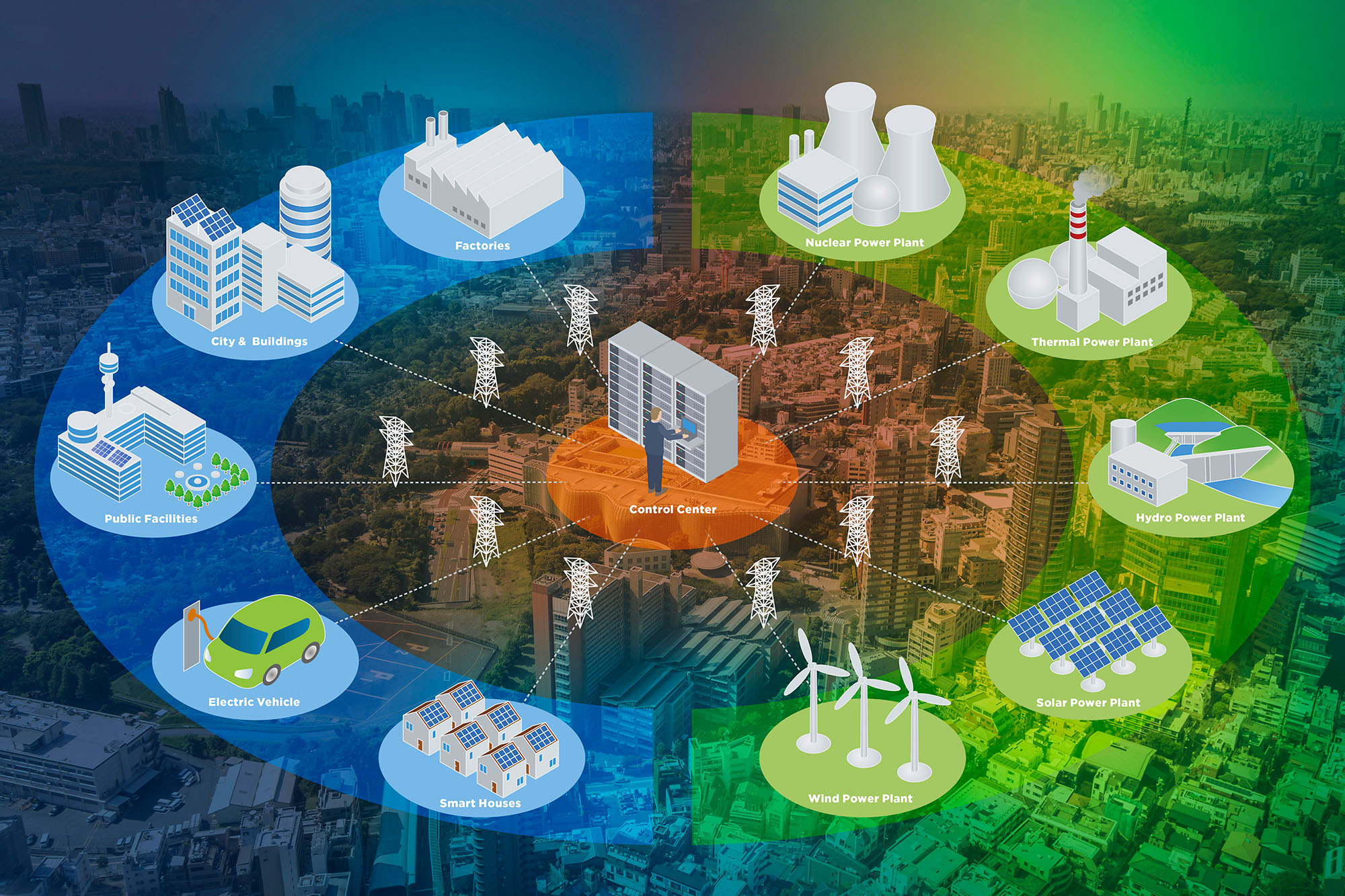
TRC and partners win $1 million grant for engineering innovative New York microgrid
April 20, 2017
TRC is proud to support Huntington, NY bolster power reliability and climate-change resiliency with a sophisticated new “community microgrid’’ combining solar energy, a fuel cell, biogas and traditional natural gas to deliver electricity and heat to local customers and institutions.



